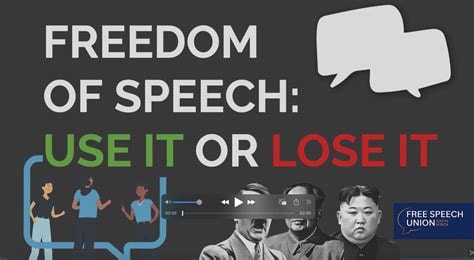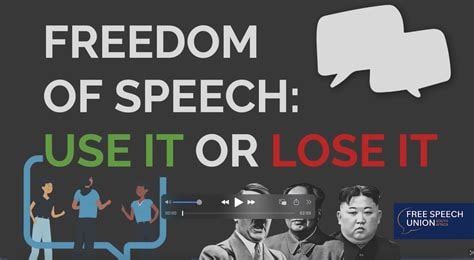
In recent years, the state of free speech in Britain has sparked intense debate and concern. The United Kingdom, once known for upholding the principles of free expression, is witnessing an alarming shift. This article explores the situation in Britain and its implications on a global scale.
Legal Framework and Restrictions
The UK’s Human Rights Act 1998 guarantees the right to freedom of expression under Article 10. However, this freedom is not absolute and is subject to restrictions deemed necessary in a democratic society. These include measures to protect national security, public safety, and individual rights. Various laws, such as the Public Order Act 1986, criminalize hate speech and behaviors inciting racial or religious hatred.
Recent Incidents and Government Actions
Several high-profile incidents have raised concerns about the state of free speech in Britain. For instance, in August 2022, a British army veteran was arrested for denouncing LGBTQ and transgender activists online, which authorities claimed caused anxiety. More recently, in August 2024, over a dozen British citizens were jailed for allegedly causing unrest on social media, and two individuals were sentenced to over a year in prison for stirring up racial hatred online.
The government’s response to violent riots in the summer of 2024 further exacerbated these concerns. To curb protests and violent riots, the government expanded facial recognition surveillance and implemented digital speech laws to regulate what is defined as hate speech, misinformation, or harmful content. These measures have sparked fears of government overreach and infringement on fundamental rights.
Global Implications
The erosion of free speech in Britain has several global implications:
- Influence on Other Democracies: When a country with a strong democratic tradition like the UK imposes restrictions on free speech, it can set a precedent for other democracies. Governments may feel justified in implementing similar measures, potentially leading to a global decline in free speech.
- Impact on International Relations: Restrictions on free speech can strain diplomatic relations. For example, the recent criticism from U.S. Vice President JD Vance highlights how such measures can create tensions between allied nations.
- Effect on Global Tech Companies: Companies like Google, Facebook, and Twitter operate globally and must navigate varying free speech laws. Restrictions in one country can complicate their operations and influence their policies worldwide.
- Human Rights Concerns: International human rights organizations may increase scrutiny and pressure on countries restricting free speech. This can lead to global campaigns and movements advocating for the protection of free expression.
- Cultural and Social Impact: Free speech is essential for the exchange of ideas and cultural dialogue. Restrictions can stifle creativity, innovation, and the ability to address social issues, affecting the country in question and the global community.
Conclusion
As the UK grapples with national security, public safety, and social cohesion, the balance between protecting these interests and upholding free speech remains delicate. While the government maintains that its actions are necessary to prevent disorder and protect citizens, critics argue that these measures erode the freedoms that define a democratic society. The future of free speech in Britain will depend on the ability of lawmakers, activists, and citizens to navigate this complex landscape and ensure that the right to free expression is preserved for generations to come.
https://www.yahoo.com/news/vice-president-vance-says-speak-223722092.html?form=MG0AV3
https://www.yahoo.com/news/vice-president-vance-says-speak-223722092.html?form=MG0AV3




